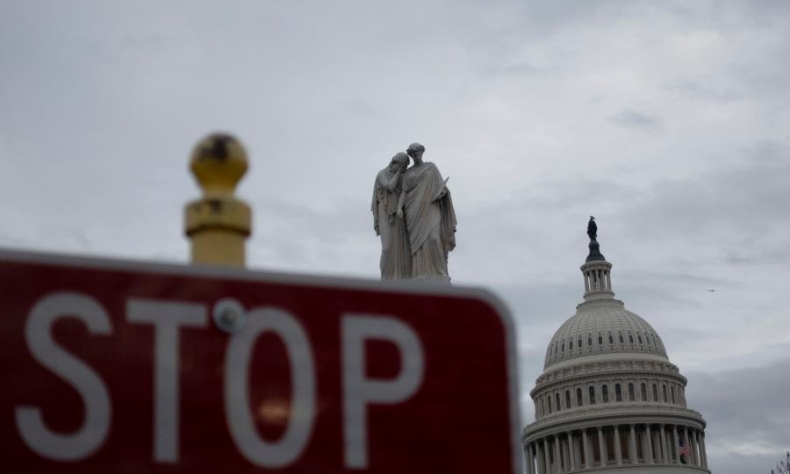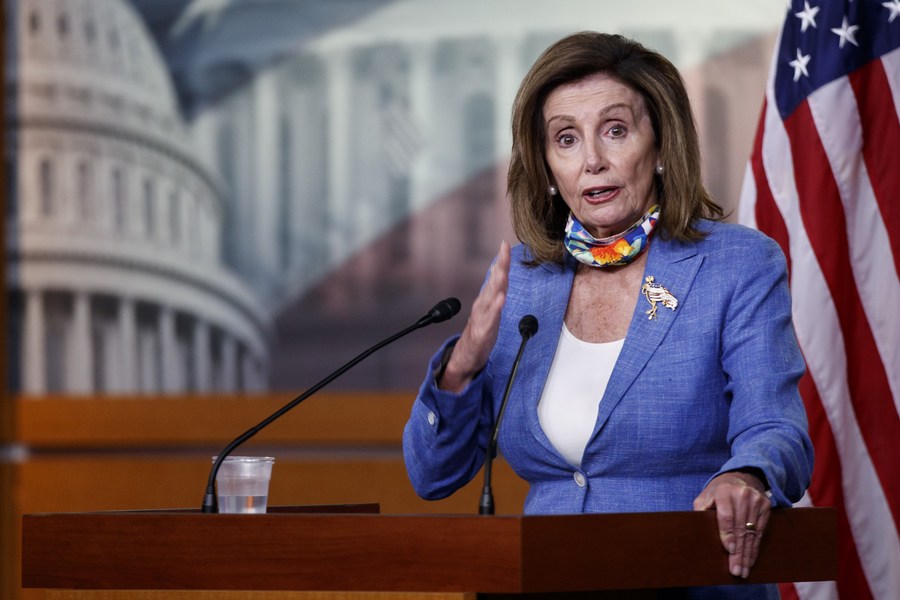Insider, Out

For the U.S., as the congressional insider trading scandals keep coming, accompanied by wide media coverage turning the entire house inside out, this may be an opportunity to start reversing the decline of politics’ ethical standards.
Martha Stewart became America’s first female self-made billionaire when her company, Martha Stewart Living Omnimedia, went public in 1999. Celebrated by millions as the Queen of Homemaking, she became equally well-known for having used insider information to execute illegal trades.
In 2001, thanks to a heads-up from someone in the know, Stewart sold 4,000 shares in biopharmaceutical company ImClone Systems one day before the U.S. Food and Drug Administration (FDA) refused to review the company’s cancer drug Erbitux. The share price of ImClone tumbled following the FDA’s announcement. Following a high-profile investigation and court case, Stewart was eventually sentenced to five months in prison, five months of home confinement and two years of supervised probation for participating in insider trading; her stock plummeted.
In the U.S., with its highly developed capital market, insider trading—the illegal practice of trading on the stock exchange to one’s own advantage by making use of confidential information—is a severe economic crime that carries a maximum sentence of 20 years.
But Stewart’s contemporary, the most powerful woman in the U.S., i.e., House Speaker Nancy Pelosi, has been able to escape such charges. While she doesn’t appear to be a stock player herself, her venture capitalist husband Paul Pelosi has been known to beat the stock market on more than one occasion. Moreover, based on the stocks bought and released from 2019 through the fourth quarter of 2021, the Pelosi portfolio grew 96 percent, gaining $62 million in value. And that’s not including the $2.8 million made from options trading.
His ability to pull off shrewd investments one after the other has raised suspicion in American society, but according to the Stop Trading on Congressional Knowledge Act 2012 (STOCK Act), the gains are legal as long as Speaker Pelosi regularly submits her own and family stock trading records and foregoes any insider trading.

As federal policymakers, members of Congress and their aides have regular access to powerful political intelligence, and many have made well-timed stock market trades. A lengthy report published by The New York Times on September 13 revealed that from 2019 to 2021, 183 current senators or representatives reported the trade of a stock or other financial asset valued at $1,000 or higher by themselves or a close family member. More than half were on congressional committees that could potentially give them better insight into the companies whose shares they reported to have bought or sold. Ninety-seven members of Congress—49 Republicans and 48 Democrats—were found to have trades in companies influenced by their committees.
Meanwhile, a Business Insider review of congressional financial filings published in December last year showed that, from January 2020 to mid-September 2021, 49 members of Congress and at least 182 senior congressional staffers were late disclosing personal stock trades, breaching the STOCK Act‘s conflict-of-interest rule in the process. Yet only a handful of them faced legal consequences.
According to a POLITICO/Morning Consult poll conducted on January 15-16, 63 percent of people surveyed stated lawmakers should be banned from stock trading.
The core of the issue here is institutional graft, a type of corruption that manifests when there is a systemic and strategic influence that is legal, or even currently ethical, that undermines the institution’s effectiveness.
On the surface, most U.S. senior officials can be described as “clean” during their tenure, partly because of their highly competitive salaries and benefits and partly because some of the corrupt practices that are prohibited in other countries are “normal” under the American system. Compared with the members of Congress’s use of loopholes for insider trading, the issues of lobbying groups, political contributions and the “revolving door”—used to refer to a situation in which someone moves from an influential government position to a position in a private company, or vice versa—in American politics have long been slashed but can hardly be solved.
The ranking of the U.S. in the Corruption Perceptions Index published by German NGO Transparency International has dropped from 16th place in 2017 to 27th in 2021. For the U.S., as the congressional insider trading scandals keep coming, accompanied by wide media coverage turning the entire house inside out, this may be an opportunity to start reversing the decline of politics’ ethical standards.
 Facebook
Facebook
 Twitter
Twitter
 Linkedin
Linkedin
 Google +
Google +










